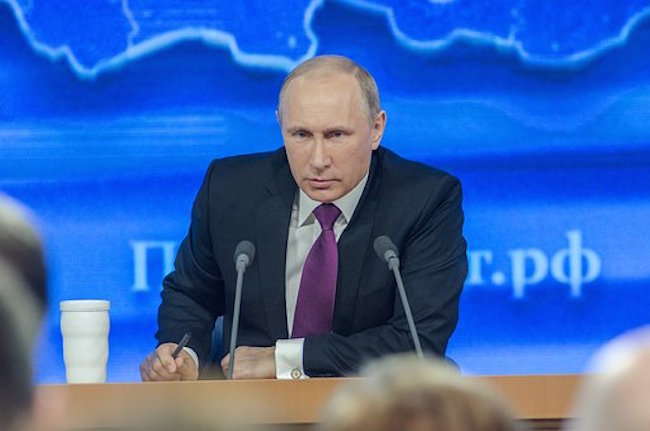Russia’s Ukrainian Invasion May End the Monomaniacal Focus on Carbon Emissions By Clarice Feldman for American Thinker
Every now and then droplets of reality splash on the noggins of the world’s big thinkers. Russia’s invasion of Ukraine seems to have highlighted — to all but the Biden administration — the folly of a single-minded attempt to curb carbon emissions, emissions which by the way may be more of a boon to the well-being of the earth and its inhabitants than not. (A discussion for another time.)
In Foreign Policy, Ted Nordhaus suggests the invasion may end the cold war on fossil fuels. He argues that global leaders have had too great a focus on carbon emissions while ignoring questions of affordability and reliability of energy supply, and those are policies that most hurt the poor. (Although right now, even those of us not poor are seeing daily evidence of how unaffordable these extravagant fantasies of a carbon zero world are becoming.)
He describes historically how the end of the Cold War era led both to an unrealistic idea of the course of energy supply and the performative theater of internationalists:
Aspirational goals and nonbinding commitments became the currency of negotiations that lacked any real enforcement capability. Like other U.N. initiatives that emerged in the 1990s and early 2000s, such as the Sustainable Development Goals and the Convention on Biological Diversity, the purpose was primarily to exhort and galvanize. Yearly U.N. climate conferences, amplified by the world’s media, became performative theater where the utopian agendas of the global environmental movement — limiting warming to 1.5 degrees Celsius above preindustrial levels, powering the world entirely with renewable energy, switching to organic agriculture, and transferring hundreds of billions of dollars from rich countries to poor ones for mitigation and adaptation — could be talked about as if they were realistic.
Facts on the ground told a different story. The carbon intensity of the global energy system fell faster in the 30 years before the first major U.N. climate conference than after it — a result of rising energy efficiency, the spread of nuclear power, and the changing composition of the global economy. After 1997, when the Kyoto Protocol was adopted, both total and per capita emissions rose faster than before.
Peace, technological advances, and economic competition did more to reduce “carbon intensity” than international conferences and aspirational agreements, and to a large part these technological advances were due to “growth powered by cheap fossil fuels.”




